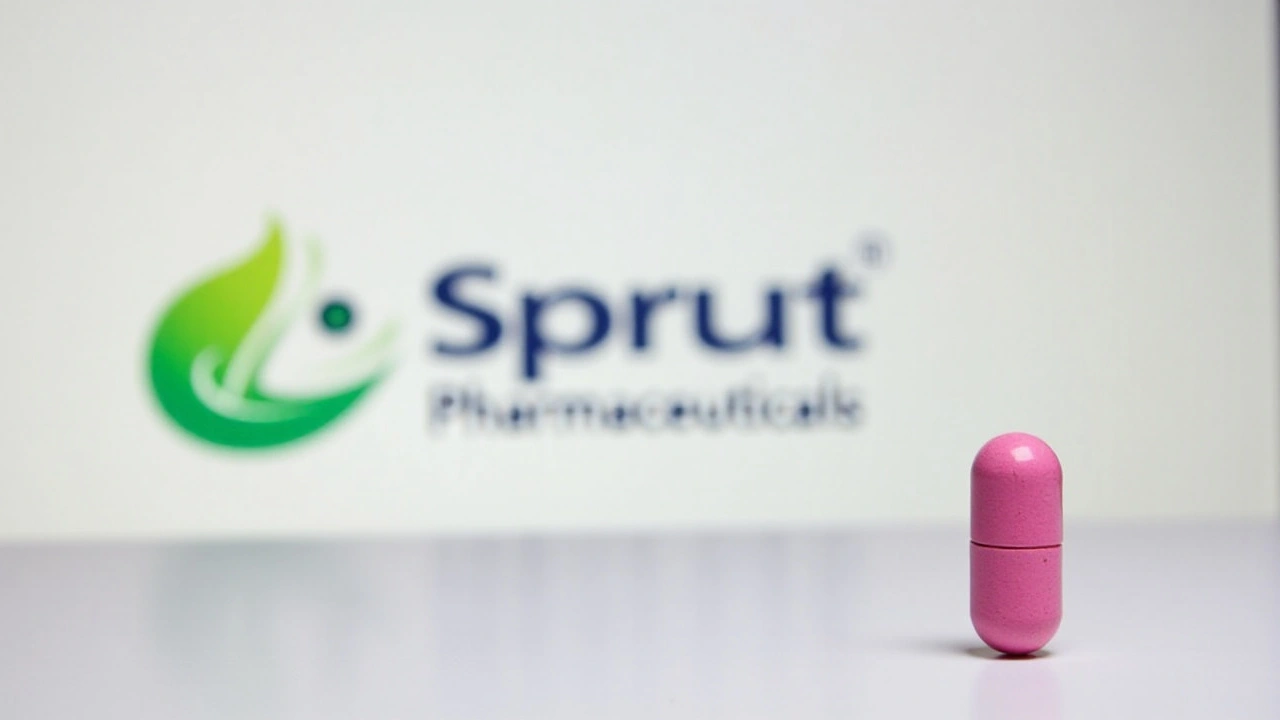Female Libido: What Affects It and How to Improve It
If you’ve ever wondered why your sex drive seems to dip now and then, you’re not alone. Women’s desire can swing with stress, hormones, sleep, and even the food on your plate. The good news? Most of these factors are within your control, so a few smart tweaks can make a big difference.
Common Factors That Lower Desire
Stress is a major libido killer. When you’re juggling work deadlines or family worries, your body releases cortisol, which tells the brain to put reproduction on hold. Lack of sleep works the same way – tired bodies don’t produce enough estrogen and testosterone, both needed for healthy desire.
Hormonal shifts matter too. Birth control pills, menopause, or even a sudden weight change can throw off the balance that fuels sexual interest. Finally, diet plays a silent role: high‑sugar snacks cause blood sugar spikes followed by crashes, leaving you feeling sluggish and uninterested.
Practical Ways to Boost Your Libido
Start with stress relief. Set aside ten minutes a day for deep breathing, a short walk, or a quick meditation app. You’ll notice calmer moods and a steadier hormone flow.
Prioritize sleep. Aim for 7‑8 hours and create a bedtime routine – dim lights, no screens, maybe a warm shower. Consistent rest helps the body keep estrogen and testosterone at healthy levels.
Eat foods that support sex drive. Include zinc‑rich items like pumpkin seeds, magnesium‑packed leafy greens, and omega‑3 fatty acids from salmon or walnuts. These nutrients aid hormone production and improve blood flow to sensitive areas.
Stay active. Even a 20‑minute brisk walk boosts circulation and releases endorphins that naturally lift mood and desire.
If you’re on hormonal birth control and suspect it’s affecting your libido, talk to your doctor about alternatives or lower‑dose options. Small adjustments can keep protection while easing the dip in desire.
Lastly, don’t ignore the mental side. Share what you enjoy with a partner, explore fantasies together, or try new experiences like a different setting or role‑play. Communication builds intimacy and signals your brain that sex is safe and fun.
Putting these steps into practice doesn’t require a major overhaul – just a few consistent habits. Over time, you’ll likely notice steadier energy, better mood, and a healthier sex drive. Remember, every body is unique; experiment with what feels right for you and enjoy the journey toward a more vibrant sexual life.
- Archer Pennington
- 17
FDA Advisory Panel Greenlights Flibanserin, A Drug for Female Libido Enhancement
In June 2015, the FDA advisory committee endorsed the approval of flibanserin, a drug aimed at addressing hypoactive sexual desire disorder (HSDD) in women. Developed by Sprout Pharmaceuticals, the drug, later branded as Addyi, faced initial rejections due to concerns over safety and efficacy. Its ultimate approval marked a milestone in women’s sexual health, despite debates over its implications for gender equality in medical research.
Read more
